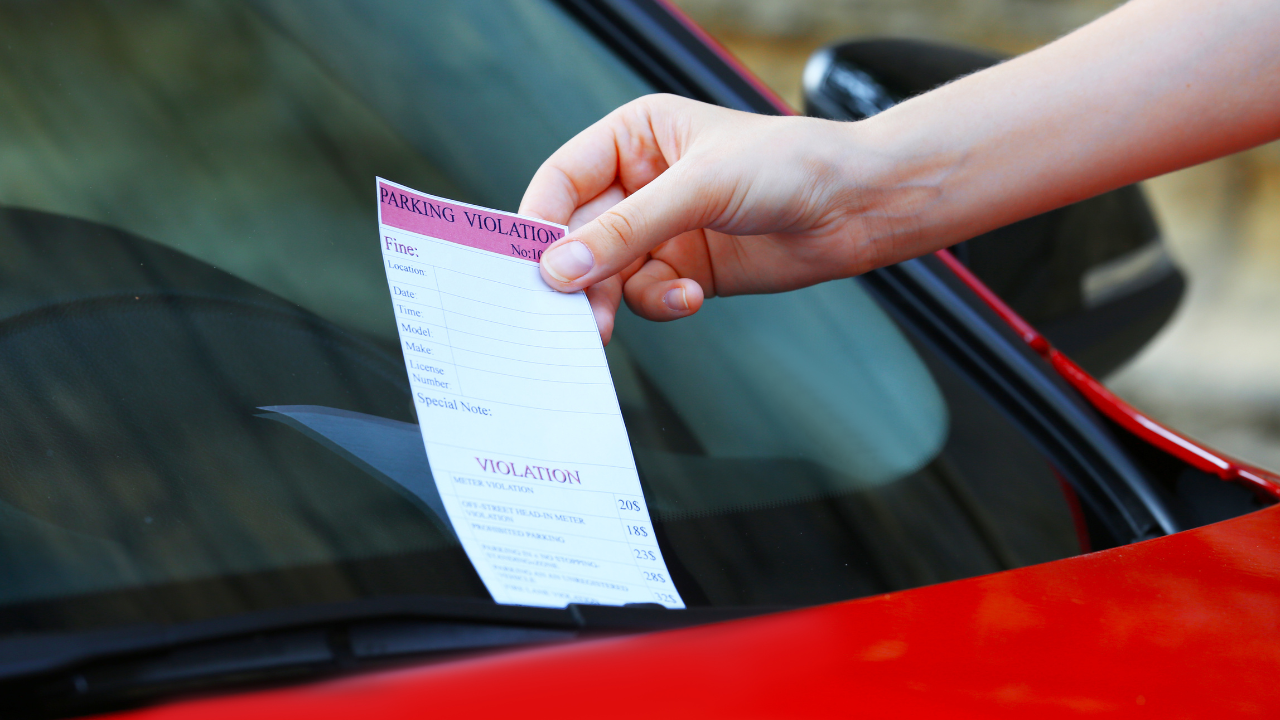Disclosing Traffic Violations and Other Minor Citations on Your N-400

The Application for Naturalization (Form N-400) is the first step toward U.S. citizenship. The application asks extensive questions. Questions include an applicant’s criminal history and a section on “good moral character.” It can be daunting to figure out how much detail is truly required. What about minor infractions like traffic violations?
Requirements to be Eligible for Citizenship
- Be at least 18 at the time the N-400 is filed;
- Be a lawful permanent resident (“green card holder”) of at least five years (three years if married to a U.S. citizen);
- Established continuous residence in the United States for the preceding five years (three years if married to a U.S. citizen);
- Be able to prove physical presence in the United States for at least half of the last five years (a minimum of 30 months, or less if subject to the three-year requirement);
- Be able to prove residence in the state or USCIS district where the naturalization application will be filed for at least the preceding three months;
- Show basic fluency in spoken and written English;
- Have a basic understanding of U.S. history and civics;
- Be willing to support the principles of the U.S. constitution;
- Demonstrate good moral character.
How do you Demonstrate “Good Moral Character”?
In general, “good moral character” is demonstrated by the absence of arrests or charges. It also requires documentation that proves the applicant is a productive member of society who work, pays taxes, supports their children, etc. The commission of such serious crimes as killing, specific felonies, crimes that result in imprisonment of 6 months or more, and “crimes of moral turpitude” make you ineligible for citizenship. It is extremely unlikely that very minor citations will affect eligibility.
The question of good moral character is not straightforward. It hinges upon the judgment and discretion of the immigration officer conducting your interview and reviewing your case. This the second step toward citizenship after the application has been submitted and reviewed.
One question that can be especially difficult for applicants to answer specifically asks:
“Have you EVER been arrested, cited, or detained by any law enforcement officer (including any immigration official or any official of the U.S. armed forces) for any reason?”
Listing Traffic Violations or Citations Incurred as a Minor
Many applicants wonder if they should list every parking or traffic violation. Should you disclose criminal charges or citations that occurred before the age of 18?

It is almost always preferable to list any and all citations to avoid the appearance of dishonesty on the application. Hiding this kind of information can be grounds for denial. Traffic violations or citations incurred as a minor are unlikely to impede a naturalization application. However, concealing them can potentially be a problem. That being said, if you recall that you received two or three parking tickets, you can simplify: state that you have received approximately three parking tickets during the range of years 2000-2020, or something like that. If the USCIS officer is concerned about the parking violations, they can issue a Request for Evidence (“RFE”). If an RFE is issued, you will need to provide more details about the citations before your application can be approved.
In practice, most adjudicators are unconcerned about traffic violations. This is especially true if it’sparticularly a parking or non-moving violation. They may want to verify that you resolved the issue by paying fines, attending driving school if applicable, etc. If you have any outstanding traffic or parking tickets, pay them off now! Especially before filing your application, and definitely before your interview! You will have a much better chance of approval if you can honestly answer that all citations have been fully resolved.
One option is to go to your local police station or other law enforcement body that can run a criminal background check on your fingerprints. This report will let you know what criminal history, including traffic or parking violations, will be reviewed by USCIS. If your background check includes a specific violation, you must include it in your application.
Counter Each Minor Citation You Received
If you are worried about the number of minor citations you have received, you can offset this by:
- including documentation of community service and engagement with your church, temple, or other religious organization,
- letters from family members, friends, colleagues, or an employer.
Generally, this should be viewed as supporting evidence. It is likely unnecessary in the absence of a more serious crime. You can also consider waiting to file your naturalization application if you had several violations during the five years immediately preceding your application.
The bottom line is that traffic violations and minor citations like parking tickets are unlikely to be a problem when applying for naturalization. Nevertheless, it is best to include them; even as a general mention as “parking tickets,” for the purposes of applying for naturalization. An USCIS officer may not even question you about these minor citations. But you will have peace of mind that they cannot accuse you of withholding any information on your application.
Can speeding tickets lead to citizenship denial?

Traffic violations can affect your citizenship application. While every case is unique, generally USCIS isn’t likely to decline a citizenship petition because the applicant has received speeding. You should, however, pay all your fines and close out all your cases before you file your N-400 petition.
If your speeding tickets are linked with criminal charges (such as DUI), the U.S. government is more likely to reject the citizenship application. If you’re still on probation for a traffic ticket such as reckless driving or DUI at the time of your interview, your N-400 application is most likely to get rejected. You should consider waiting to file your application.
If you leave out the traffic tickets from your application, you could be rejected for not having good moral character. This could mean waiting to apply for citizenship in five years.
Because you are required to be truthful on your Form N-400, you must report all the traffic tickets you have received. Every case is unique, so tickets on your record can affect your citizenship petition – specifically if they’re crimes.
What’s Next?
If you still have questions or concerns please visit https://www.uscis.gov/ and speak with their support agent. If you were denied citizenship because of traffic violations, our attorneys at Passage Immigration Law may be able to assist you. To discuss your situation with a legal team you can trust, request a consultation here.
